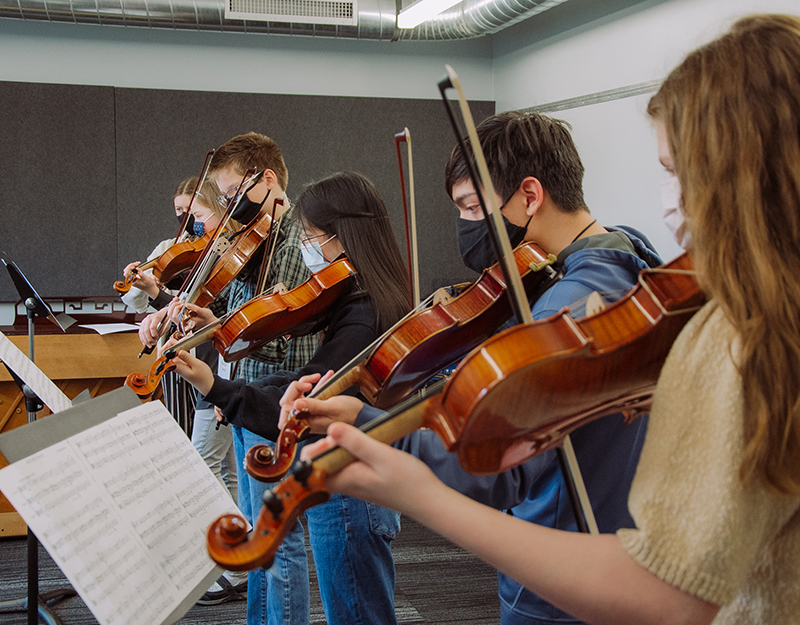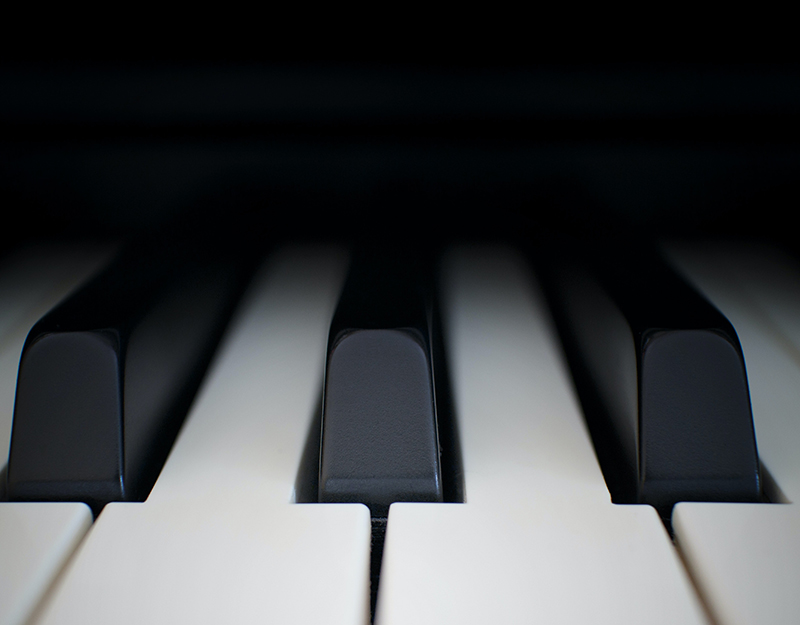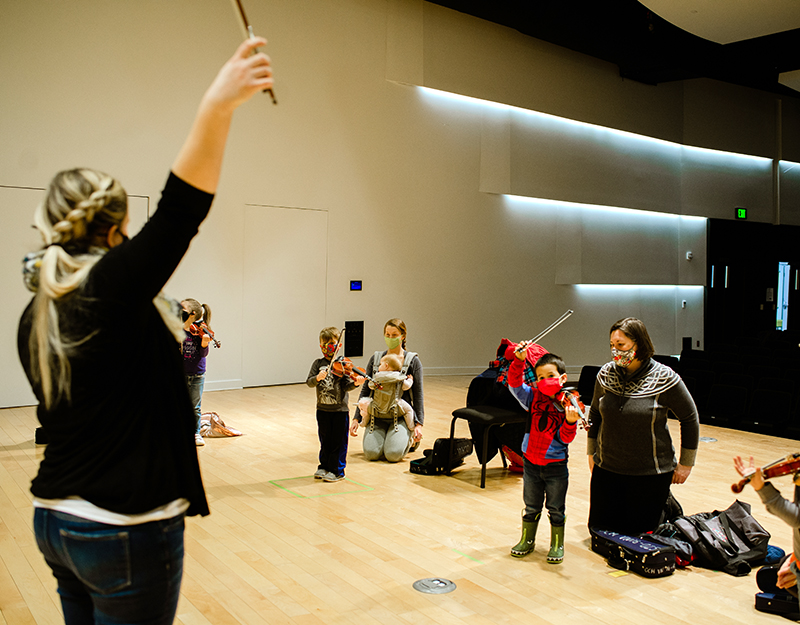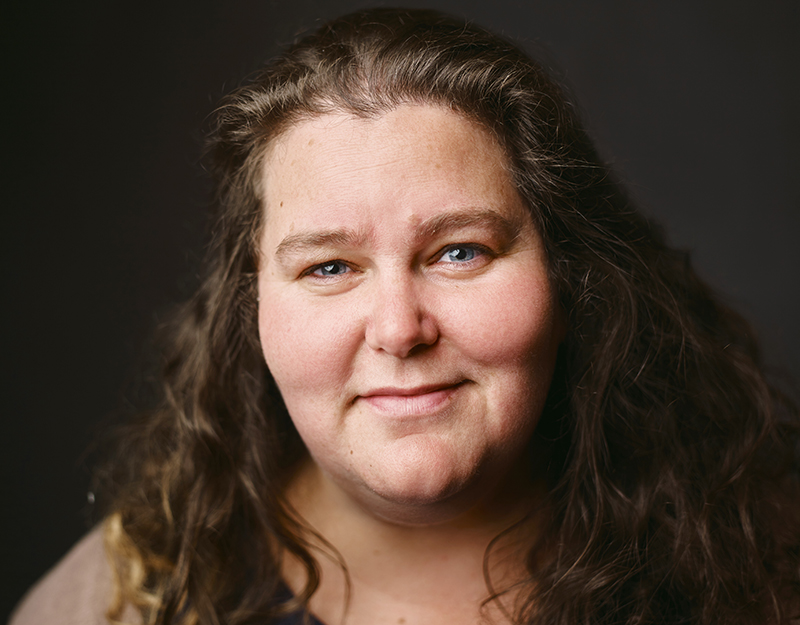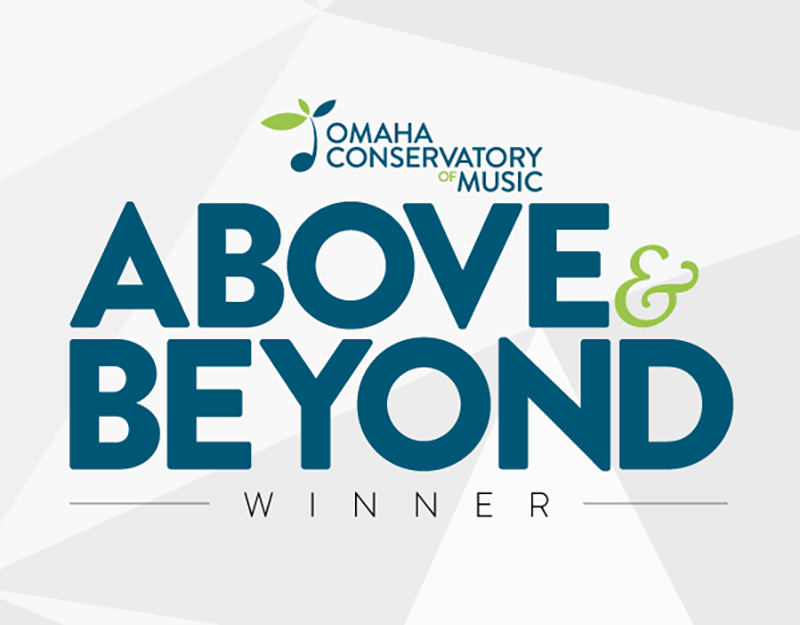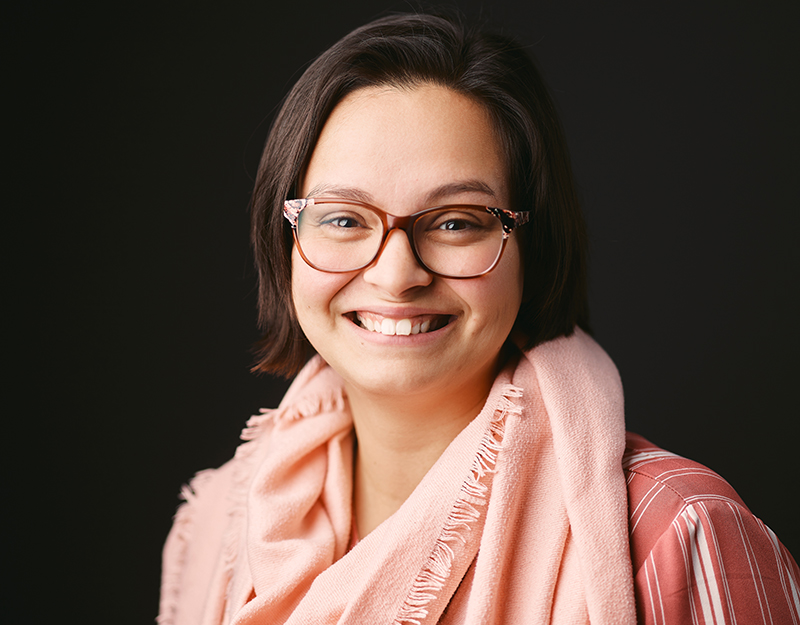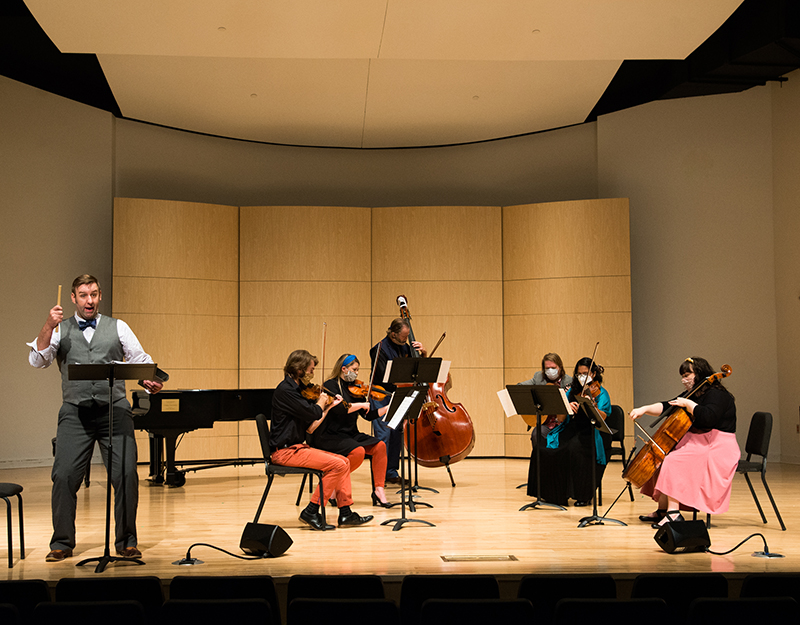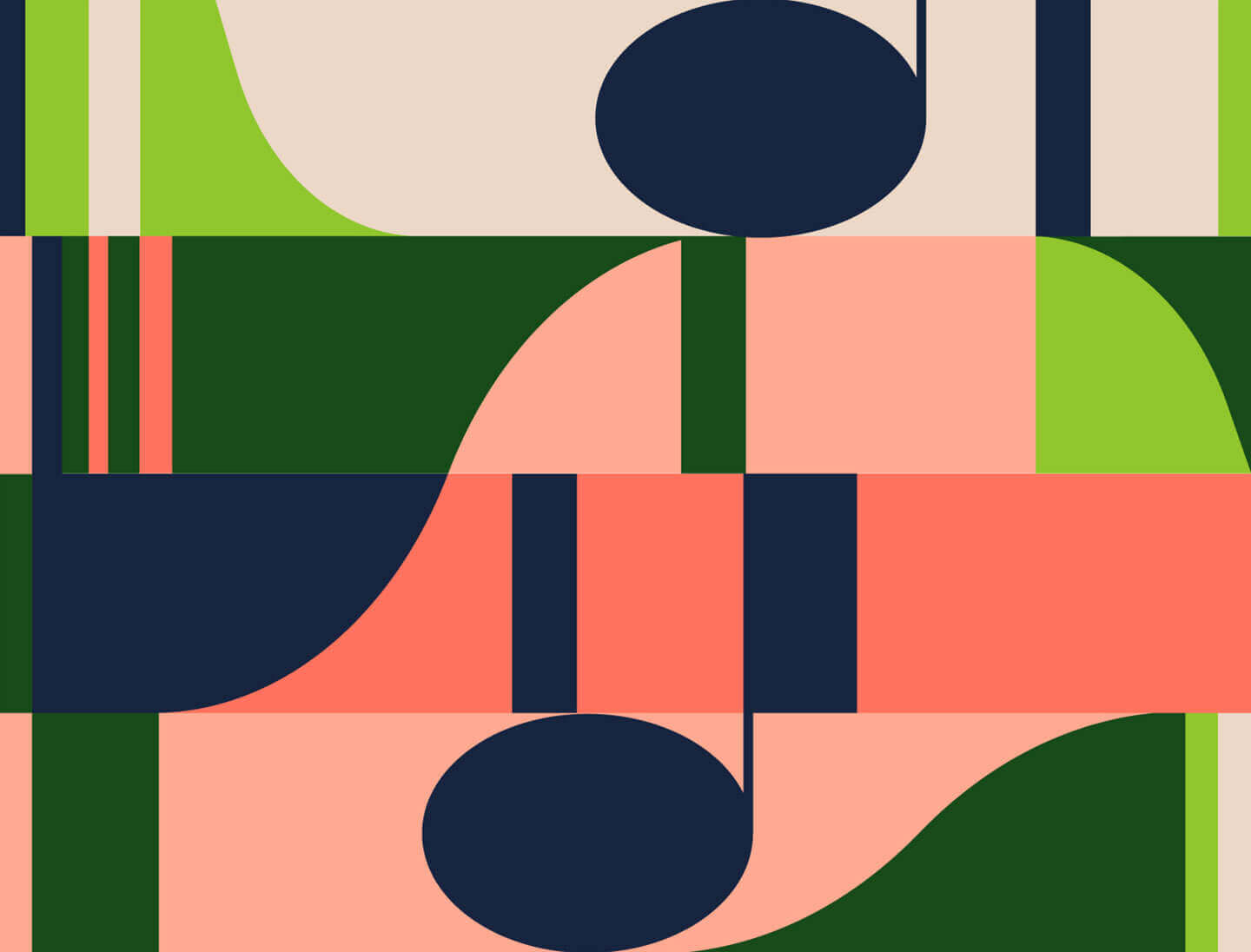Photos: Musical Bridges Strings Festival 2021
March 30th, 2021 • Events, Music Education
A two-day strings festival for Conservatory students lead by guest artists The Helios Trio!
Omaha Music Teachers Association Young Artist Competition Winners
March 19th, 2021 • Music Education, Student News
Congrats to the Omaha Conservatory’s winners in this year’s Omaha Music Teachers Association Young Artist Competition!
Why Study Music?
March 15th, 2021 • Music Education
Studying music has a huge number of benefits, some more familiar than others, but all incredibly positive for academic, social, and emotional outcomes. When we play music, all areas of the brain are activated. The three learning styles of visual, auditory, and kinesthetic are all needed to learn a piece of music. Reading the notes (visual), hearing the pitches (auditory), and physically playing the music (kinesthetic) produce an all-encompassing learning experience.
Teacher Tips: The Importance of Counting
March 11th, 2021 • Music Education, Teacher Tips
Counting and reading rhythms will make you the independent, confident player you want to become.
Above & Beyond Artist-Faculty Winners: March
March 10th, 2021 • Artist-Faculty News, Music Education
Every month, Omaha Conservatory of Music will recognize one or two of our Artist-Faculty members for going above and beyond for our community!
All You Need to Know About Piano | SoundWaves 2021
February 25th, 2021 • Events, OCoM News
If this piano-focused preview of SoundWaves 2021 doesn’t get you keyed up for camp, we’re not sure what will!
Above & Beyond Artist-Faculty Winners: January
January 13th, 2021 • Artist-Faculty News
Announcing our Above & Beyond Artist-Faculty winners for January: Andrew Stickman (guitar) and Grazzia Sagastume (violin/viola)! Here's some of what...
Teacher Tips: Active Musical Listening
December 15th, 2020 • Teacher Tips
Do you ever find yourself in a mental rut in a rehearsal? Have you played or heard a piece so often that it’s become a bit boring? Let yourself be immersed in it!
Above & Beyond Artist-Faculty Winners: December
December 14th, 2020 • Artist-Faculty News
Announcing our Above & Beyond Artist-Faculty winners for December: Jessica Davis (violin) and Anne Madison (piano)! Here's some of what...
Above & Beyond Artist-Faculty Winners: November
November 12th, 2020 • Artist-Faculty News
Announcing our Above and Beyond Artist-Faculty winners for November: Dr. Stacey Barelos (piano/composition) and Tyler Roberts (violin)! Here's some of...
Congrats to Our 2020 All-State Selected Participants
October 28th, 2020 • Student News
Every year, the Nebraska Music Education Association (NMEA) provides an opportunity for high school students (grades 9-12) to participate in...
Stories from Childhood: Individual Performances
October 22nd, 2020 • Events
Stories from Childhood is a free family-friendly virtual concert experience that combines children's books with musical compositions based on the...
